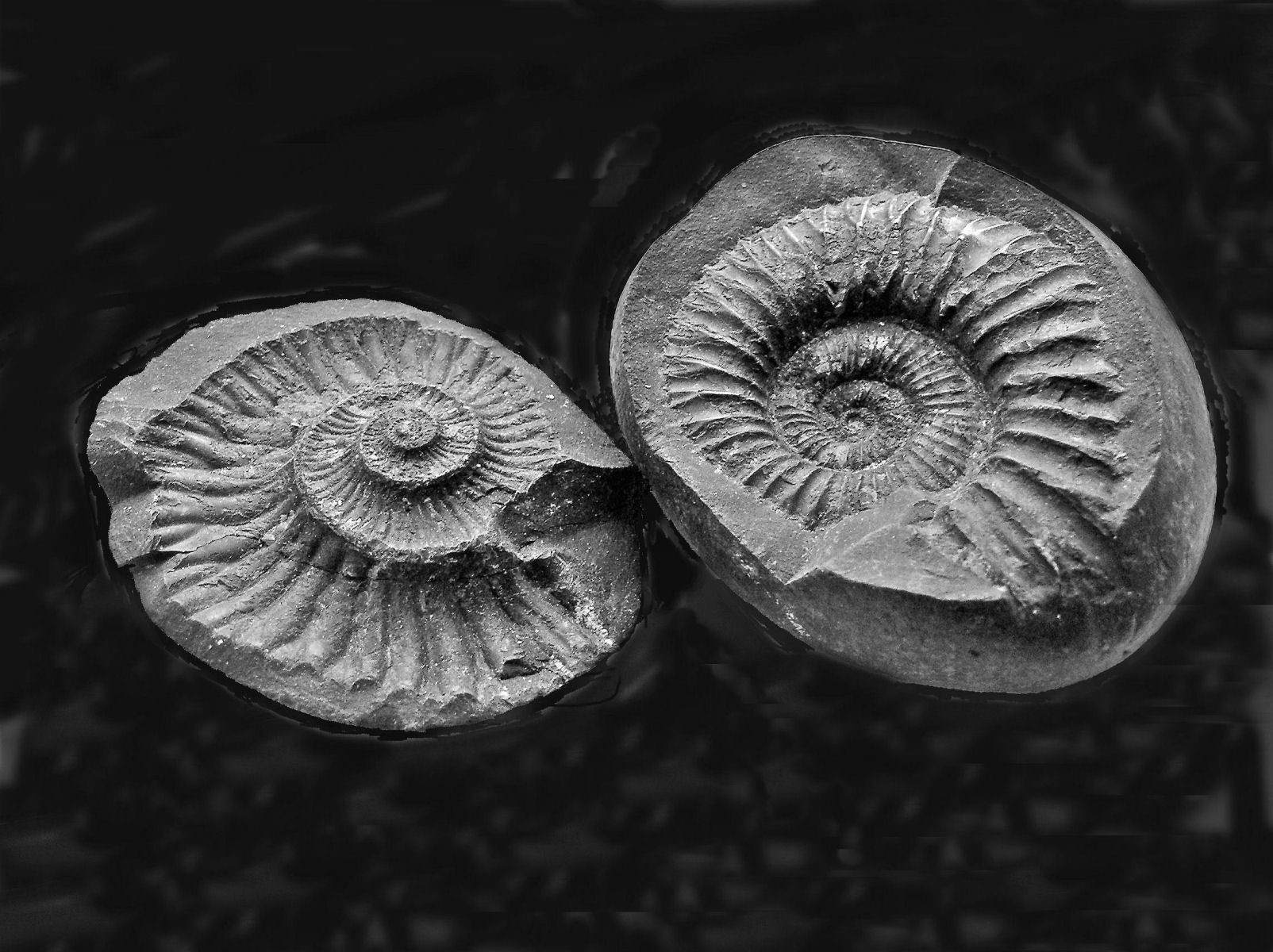If the last year has demonstrated anything, it is that the Enlightenment ideals of reason and human rationality cannot hold sway over the chaos of belief, irrationality and tribalism. But that always was a Hobson’s choice. There is another factor altogether for the human being.
“Against the tendency toward sectarian thinking we have no defense but the relentless application of reason,” Rebecca Newberger Goldstein states unequivocally. Spinoza saw reason as “our only hope and redemption,” as Goldstein puts it in extolling Spinoza’s “project of radical rationality.” Is that true?
No, belief and reason are actually two sides of the same coin. The debased and effaced coin is the human mind itself. Reason is obviously preferable to unreason, but “the relentless application of reason” is a wholly inadequate response to the crisis of humanity.
 There’s an ironic similarity in the religionist’s faith in belief and the secularist’s faith in reason. The supposed philosophical bulwark of reason, running from Spinoza through Locke and Jefferson, has been sundered. If reasonable people are not to be caught in the crossfire between belief and nihilism, between the temporary orders of society and the increasing chaos of thought, then we must respond with more than mere reason. We must respond with insight.
There’s an ironic similarity in the religionist’s faith in belief and the secularist’s faith in reason. The supposed philosophical bulwark of reason, running from Spinoza through Locke and Jefferson, has been sundered. If reasonable people are not to be caught in the crossfire between belief and nihilism, between the temporary orders of society and the increasing chaos of thought, then we must respond with more than mere reason. We must respond with insight.
Organized religions represent the codification, and therefore the diminution and ultimately the destruction of the insight that inspired them. However there is no conflict between the authentically religious mind and reason. There is simply a natural tension between the scientific and religious minds, which can and must complement each other within us.
As Einstein said, “science can only be created by those who are thoroughly imbued with the aspiration towards truth and understanding. This source of feeling, however, springs from the sphere of religion.” Surprisingly, he added, “I assert that the cosmic religious experience is the strongest and noblest force behind scientific research.”
Insight belongs exclusively to neither the scientific mind nor to the religious mind, yet it is essential to both. Science without insight becomes the barren accumulation of knowledge; religiosity without insight becomes the sterile enterprise of theology.
Both belief and reason are products of thought. Insight is not. Both irrational beliefs and rational knowledge are rooted in the past. Insight is always of the moment. Therefore it is the awakening of insight, not the application of reason, that is the way ahead for the individual and humankind.
Awakening the human brain’s capacity for insight goes beyond memory in all its forms, including imagination. True creativity is a matter of deepening and living in terms of insight rather than memory.
The flash of insight is irreducibly holistic and non-verbal. But that still pertains to insights, not the state of insight. One can have insights into anything, and some people, such as scientists, artists and inventors, frequently do. But the state of insight is an essentially silent and timeless awareness of the underlying wholeness of life and the universe.
The state of insight, though it’s rare in this pathological society, unites and liberates the mind and heart in timeless seeing.  Indeed, igniting insight within one allows one to be a participant in the perpetually unfolding actuality of cosmic creation.
Indeed, igniting insight within one allows one to be a participant in the perpetually unfolding actuality of cosmic creation.
In short, the capacity to passively observe the mind into stillness, awaken insight, and use thought/reason with precision, is intelligence.
Insight is intrinsically whole, and flows from the same ineffable source that gives rise to all energy and matter. Therefore awakening insight fully in the brain illuminates, in silent understanding, the unknowable essence of the universe in the human mind and heart.
There is no supernatural realm that either supersedes or is separate from the natural world. The religious mind is in full accord with Einstein’s statement that “the regulations valid for the world of existence are rational.” Nor does the genuinely religious mind impede the use of reason and evidence to discover, formulate and convey the workings and laws of the universe.
However the awakened mind does see and heed the limits of reason, conceptualization, knowledge and thought. Only a silent mind can perceive and receive insight into the infinite, ineffable intelligence imbuing and underlying the cosmos, and bring the order of insight into this terrible, irrational world.
Martin LeFevre
Link: Violinist Janine Jansen playing Mozart concerto, 5 minutes:
https://www.youtube.com/watch?v=kk2p4Sis0kA&index=5&list=PLE2ED956A9A6BFCAF
No comments:
Post a Comment